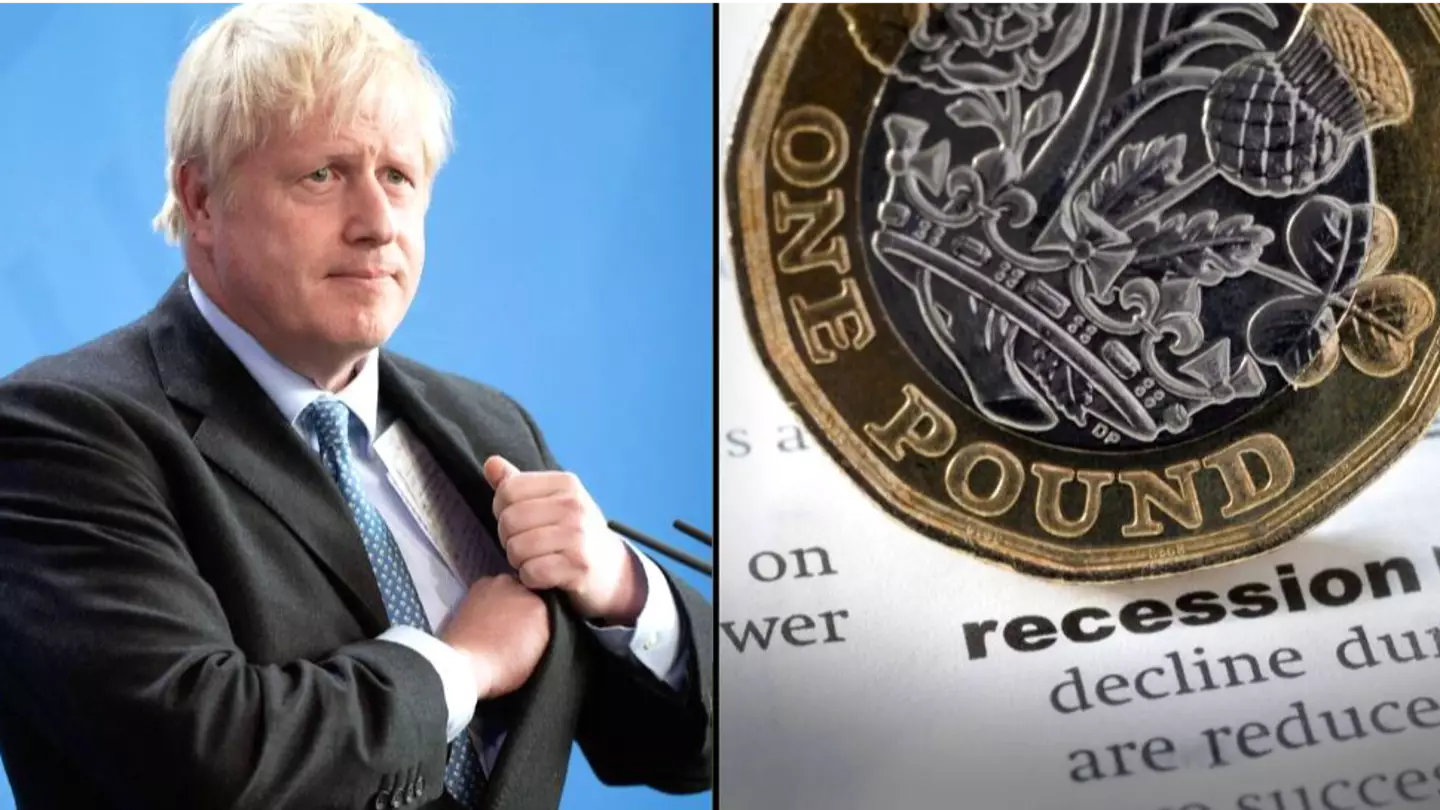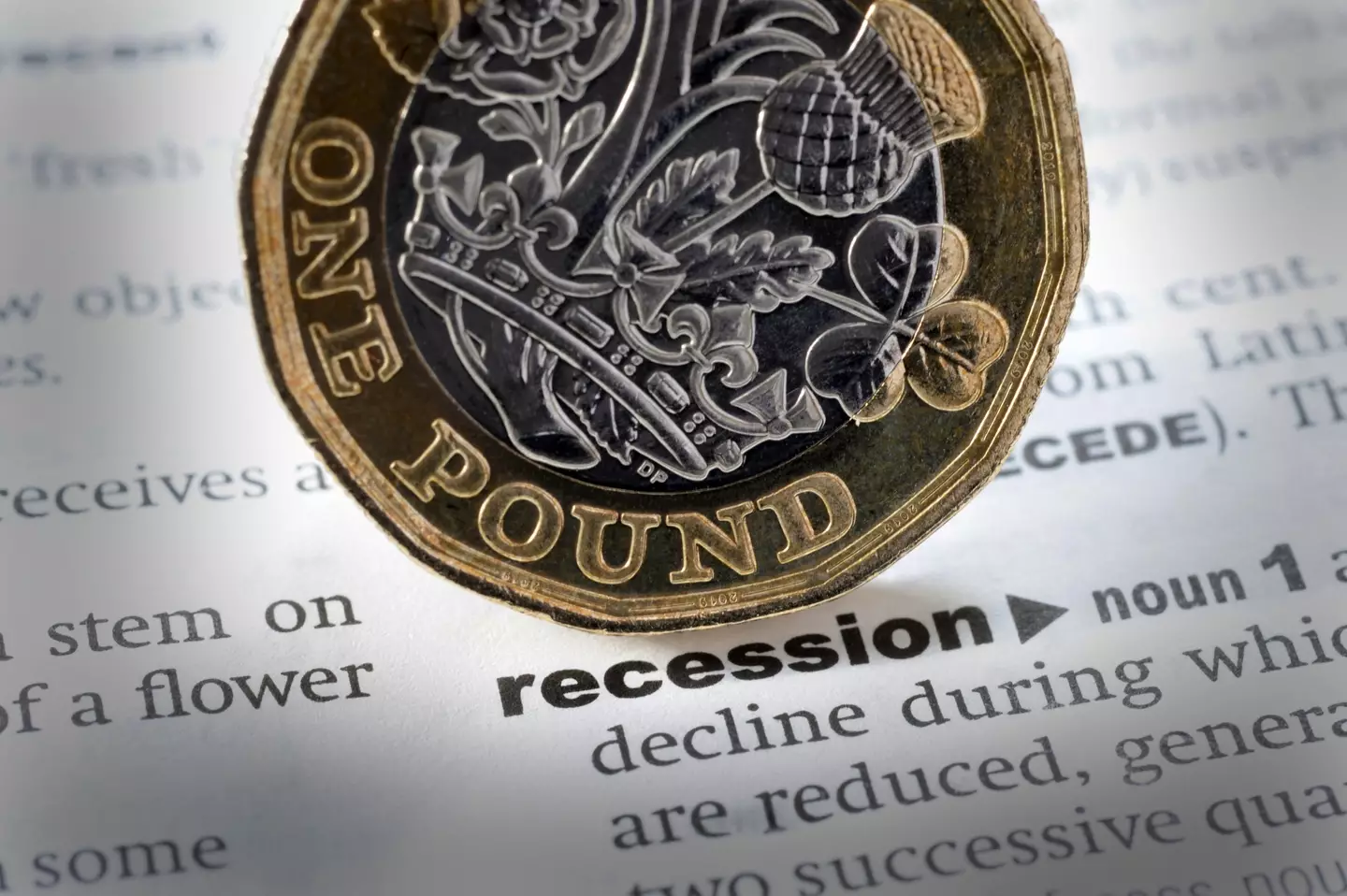
The Bank of England has raised interest rates from 1.25 percent to 1.7 percent, marking the highest level since January 2009 - and also the largest rise in UK interest rates since 1995.
This means the UK will enter five consecutive quarters of recession, with gross domestic product falling as much as 2.1 percent, the Bank of England said - citing reasons such as higher energy prices, the Russian invasion on Ukraine and a 'slower growth in the UK economy'.
The Bank of England added that Consumer Prices Index inflation is expected to peak at 13.3 percent this October, the highest level since September 1980.
The rate of inflation is a measure of how quickly prices have gone up - something that has been all too apparent more recently amid the cost of living crisis.
A recession is what happens when an economy sees a significant decline in activity, which can last months or even years.
Advert
In its Monetary Policy Report, the Bank of England noted how, back in June, prices had risen by 9.4 percent compared to a year ago, saying this was 'well above' its target.
"Higher energy prices are one of the main reasons for this," it explained.
"Russia’s invasion of Ukraine has led to more increases in the price of gas. Since May, the price of gas has more than doubled. We think those price rises will push inflation even higher over the next few months, to around 13 percent.
"Higher prices for the goods that we buy from abroad have also played a big role.

"There is also pressure on prices from developments in the United Kingdom. Businesses are charging more for their products because of the higher costs they face. There are more job vacancies than there are people to fill them, as fewer people are seeking work following the pandemic. That means that employers are having to offer higher wages to attract job applicants. Prices for services have risen markedly.
"The squeeze on households’ incomes due to the rise in energy prices has led to slower growth in the UK economy. We expect the size of the UK economy to fall over the next year."
Earlier this week, the Bank of England said it put interest rates up to 'help bring inflation back down', warning: "It will take time to work."
The bank said it's likely inflation will keep rising this year, before beginning to fall again next year.
Topics: UK News